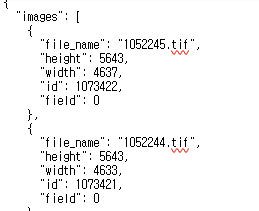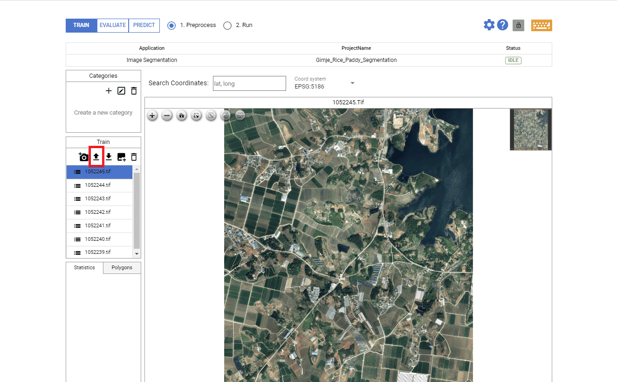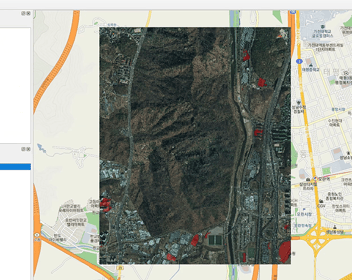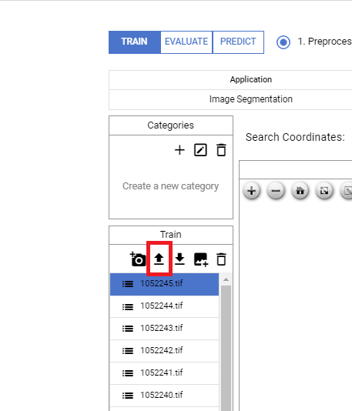The Ultimate Guide to COCOJSON: Enhance Your Annotation Management

The COCOJSON format is the most widely used data format for expressing annotations in the field of computer vision. This JSON file is an information file that tells the machine learning model which object exists at which location in which image. It is widely used as training data needed for the machine learning model to remember a specific object and recognize that object. Today, we will find out what COCOJSON is.
Understanding COCOJSON and its Benefits
COCOJSON is a data format used for annotating and managing objects in images or videos. It stands for Common Objects in Context JSON. COCOJSON provides a standardized structure to represent object annotations along with additional metadata such as image IDs, categories, and segmentation masks.
One of the major benefits of using COCOJSON is its flexibility. It allows for the annotation of multiple object instances within an image, making it suitable for a wide range of computer vision tasks, including object detection, instance segmentation, and keypoint detection. Additionally, COCOJSON supports hierarchical annotations, making it possible to represent relationships between objects.
Another advantage of COCOJSON is its popularity and wide adoption in the research community. Many benchmark datasets, such as the Microsoft COCO dataset, use COCOJSON format for object annotations, making it easier to evaluate and compare different algorithms and models.
By using COCOJSON in Deep Block, you can benefit from its standardized format and rich annotation capabilities. Deep Block provides tools and functionalities to efficiently work with COCOJSON files, making it easier to manage and manipulate your annotated data.
Getting Started with COCOJSON in Deep Block
To start using COCOJSON in Deep Block, you first need to import your annotated data in COCOJSON format. Deep Block provides a user-friendly interface to import COCOJSON files or convert other annotation formats into COCOJSON.
Once your data is imported, you can explore and visualize your annotations using Deep Block's interactive image viewer. With this feature, you have the ability to examine each annotation individually, view the segmentation masks, and make changes to the annotations you have uploaded.
Deep Block also offers various annotation tools to edit and refine your COCOJSON annotations. You can add or remove objects, modify bounding boxes, adjust segmentation masks, and assign categories to annotations. These annotation tools make it easy to correct any errors or inconsistencies in your data.
In addition to manual annotation, Deep Block also supports automatic annotation using pre-trained models. You can leverage Deep Block's AI-powered annotation capabilities to automatically generate annotations for your images or videos. This can significantly speed up the annotation process, especially for large datasets.
Once you have finalized your annotations, Deep Block allows you to export your data in COCOJSON format. This makes it convenient to share your annotated data with other researchers or use it as input for training computer vision models.
Creating and Formatting COCOJSON Files
Creating COCOJSON files manually can be a tedious task, especially for large datasets. However, Deep Block simplifies this process by providing an intuitive interface to create and format COCOJSON files.
To create a new COCOJSON file in Deep Block, you can start by defining the categories of objects you want to annotate. Deep Block also allows you to import existing category definitions from an external COCOJSON source, making it easier to reuse predefined categories.
Once you have defined the categories, you can proceed to annotate your images. Deep Block provides an annotation canvas where you can draw bounding boxes, segment objects. You can assign the appropriate category to each annotation and add any desired metadata.
Deep Block automatically saves your annotations in the COCOJSON format, ensuring that your data is properly structured and compliant with the COCOJSON schema. This eliminates the need for manual JSON formatting and reduces the chances of errors in your annotations.
In conclusion, COCOJSON is a versatile and powerful format for data annotation, and Deep Block provides the perfect platform for utilizing its capabilities. Whether you are working on object detection, instance segmentation, or change detection tasks, Deep Block's support for COCOJSON can simplify your data management and annotation process, ultimately improving the accuracy and efficiency of your computer vision projects.
Next Article : Learn how to upload COCOJSON to train a machine learning model in Deep Block





